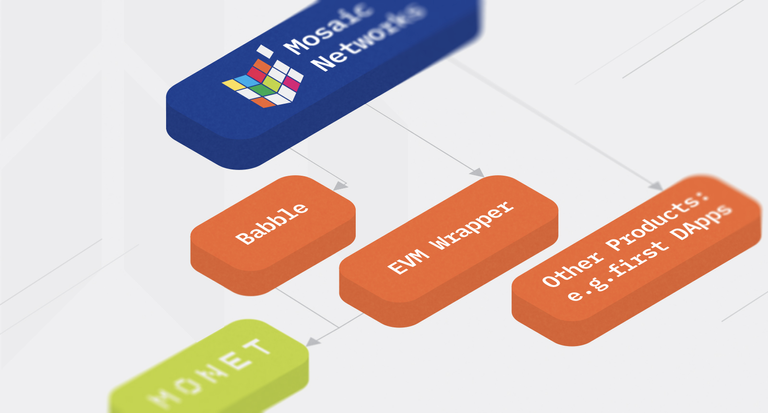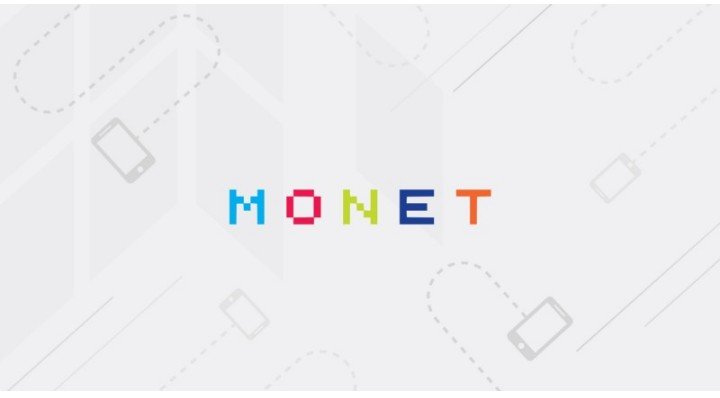Babble
The blockchain is ever evolving. This is obvious, newer consensus mechanisms are been developed to facilitate efficient fault tolerant consensus as well as limit the extent of "centralisation" within decentralization.
Third party interference peculiar to the centralised world is not uncommon to the blockchain technology. Dapp developers are sometimes left no choice but to partially hand over control to certain intermediaries, drawing a close similarity to the exploitative fees(at the detriment of the end users), lack of transparency and/or weak data regulation policies, and unrestricted ads particular to centralised applications.
While there have been improved consensus algorithms, as in the case of proof of stake and delegated proof of stake over the inefficient, computational power and energy dependent proof of work, some inefficiencies still remain distinct in these public blockchain's (ethereum, bitcoin blockchain).
- Problem of centralisation,
- Lack of user autonomy over data shared.
- Cost of mediation which is often passed onto the user.
It is for this reason that the Babble consensus blockchain technology was developed. Functioning along with the Monet hub, a public blockchain which provides infrastructure, it makes up an efficient, user and developer friendly decentralised blockchain.

Developed to support ad hoc temporary mobile blockchain's, the babble consensus is also quite designer friendly in the sense that it is easy to deploy and compatible with applications written in whatever programming language.(Allsowing for Software development kits across all possible mobile platforms).
The Babble blockchain operates with a Byzantine fault tolerant consensus wherein nodes are identified by their public keys and Users operating from temporary blockchain's remove the need for a third party
The file containing a list of participants is processed by the blockchain (goes through the consensus and depending on the nature of the application, users may request to join or leave the application
To prevent malicious activities from a group or cluster of nodes, developers can create set benchmarks that Dapp users must have provided in their Global ID registries(where Monet addresses are mapped to real life data, sort of Like a know your customer measure) User ratings, name, endorsement etc are information featured and are only released based on a users permission.
Babble's efficient distributed consensus, and compatibility with existing Inter block chain communication protocols allows for verification of transactions across chains and proper interoperability amongst users whether off or online.
The question of how peers discover themselves is often left to the Dapp developer to decide though the Monet hub optionally provides budding applications with features such as ID, peer-discovery, NAT-
traversal and cross-chain communication.
Ultimately, the Monet network remains distinctive with it's ability to provide blockchain services on off the shelf mobile devices.
From innovative riding Dapps, to freelance sites operating on smart contracts, the babble consensus module has tons of use cases for utilization in ephemeral, short term blockchain interactions.
